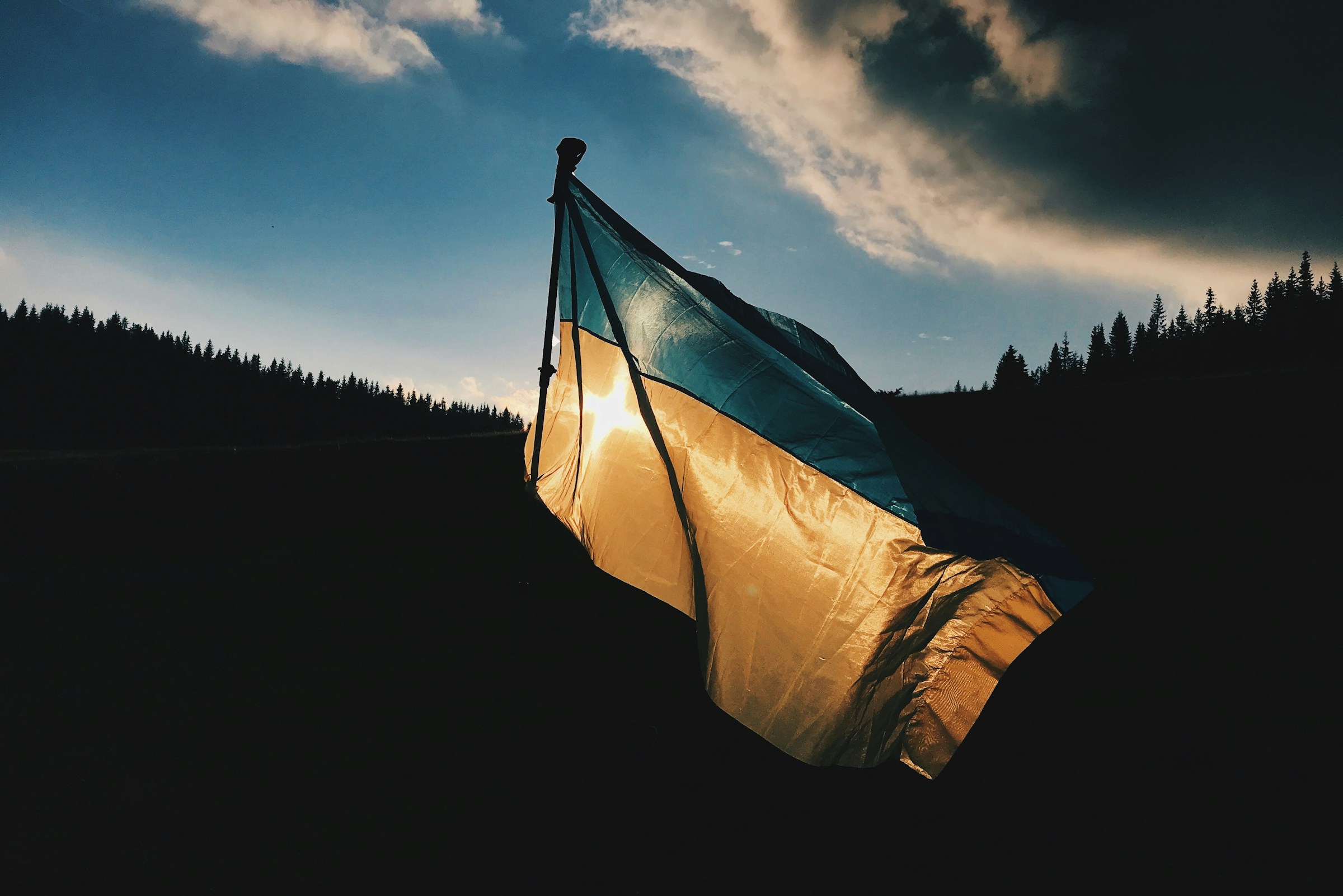You ever crack open a history book and just sit there, scratching your head, wondering how we humans manage to trip over the same old mistakes time and time again? I do it all the time. Our teachers drilled it into us: study history, learn from it, don’t be the fool who ignores the past. And sure, maybe we nodded along in class, thinking we’d cracked the code. But let’s be real—half of us tuned out, and the other half convinced ourselves we’d figured it out, only to stumble into the same mess our ancestors did. It’s like we’ve got this psychological glitch hardwired into us, this stubborn belief that our moment in time is somehow different, that the lessons of centuries don’t apply because, well, we’re special. Spoiler alert: we’re not.
This isn’t just my generation’s problem—it’s been humanity’s Achilles’ heel forever. We look at well-documented screw-ups—wars, invasions, you name it—and still think, “Nah, that won’t happen to us.” It’s almost endearing, this blind spot, if it weren’t so darn costly. And it’s not just a quirky flaw; it’s a serious hurdle we’ve got to overcome. Because when we repeat these mistakes, the fallout is always brutal. That’s the first of two mental hiccups I want to unpack today, especially as we wrestle with the Russo-Ukrainian war and what peace might look like.
The second glitch? We tend to see the world—and other people—through our own lens. If you’re a reasonable sort, you assume everyone else is too. It’s human nature, right? But here’s where it gets dicey: that assumption falls apart when you’re dealing with psychopaths. You know the type—those who’ve sparked the bloodiest wars in history, driven by a hunger for power that defies logic. Diplomatic folks, bless their hearts, often think these characters can be reasoned with, that they share the same instincts for compromise. Wrong. They don’t. And that miscalculation—assuming a tyrant thinks like you do—has dragged us into disasters we could’ve dodged.
Take World War II as a gut punch of an example. When Hitler started gobbling up chunks of Europe, the response was eerily familiar to what we’re seeing now with Russia and Ukraine. Back then, people said, “Let’s not poke the bear—maybe he’s got a point about those old German territories. Let’s negotiate, give him a little here and there.” Sound familiar? It’s the same playbook Russia’s using, claiming Ukraine’s theirs by some historical right, spinning narratives about being wronged. The media landscape? Chillingly similar—floods of propaganda, lies so thick you can’t tell up from down, paralyzing anyone who might step in. And just like with Hitler, the world hesitated, hoping diplomacy would do the trick. Spoiler: it didn’t. By the time folks realized Hitler’s ambitions stretched far beyond a few border fixes, it was too late. What could’ve been a shorter scuffle turned into a global nightmare that claimed 85 million lives.
Fast forward to today, and it’s like we’re stuck on repeat. Russia’s invasion of Ukraine mirrors that pre-WWII dance—same excuses, same propaganda machine cranked to eleven. For years, some in the U.S. have clung to this idea: “Let’s give Putin the benefit of the doubt. Maybe a better president can chat him out of it.” Really? This guy’s a predator smelling weakness, like a piranha in bloody water. He’s played the ceasefire game—agreeing, then bombing Ukrainian cities the next day—while the West dithers, hoping for a quick fix. Psychopaths, though, they get human nature. They know how to manipulate good-hearted people who’d rather not face the ugly truth. And that’s the kicker: every society’s had its militaries and police for a reason—to stop the bad guys when “pretty please” won’t cut it. Yet on the international stage, we pretend the rules change. They don’t.
So, what’s the fastest path to peace in Ukraine? Diplomacy sounds nice, but let’s be honest—it’s a mirage right now. You’ve got to ask: what started this war, and why’s it still raging? It’s not just a spat; it’s a deep, bloody disagreement neither side will drop without a fight. Diplomacy might buy a breather, but it’s a false peace. Both sides will just rebuild, stockpile, and clash again—harder. Look at the numbers: Russia’s goal to topple Ukraine’s government and control its territory would cost them tens, maybe hundreds, of millions of soldiers. Their population’s only 140 million—do the math. Ukraine’s aim? Kick the invaders out of their own land. It’s a tougher fight, sure, but the casualty gap favors them in the long run, especially with their attrition strategy wearing Russia down.
The U.S. got this backward at first, nudging Ukraine to fold, thinking it’d be quicker. Nope. Rewarding a psychopath like Putin doesn’t end the threat—it emboldens him. History screams this: let a bully win, and they’ll come back for more. Supporting Ukraine, though it means more fighting now, could save more lives—Ukrainian, Russian, and whoever’s next on Russia’s list—than a shaky ceasefire ever will.
This isn’t easy to swallow. Politicians hate hard choices; they’d rather kick the can down the road. But history’s clear: procrastination breeds bigger messes. The stakes are too high—lives hang in the balance. We can’t afford to bury our heads and hope Putin has a change of heart. He won’t. So, what do you think? Should we back Ukraine fully, or are we doomed to repeat the past? Drop your thoughts below—I’m all ears.
